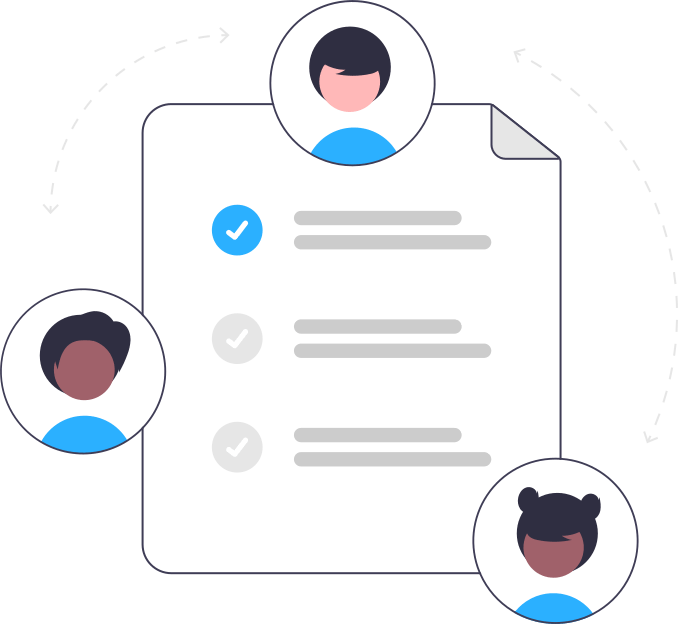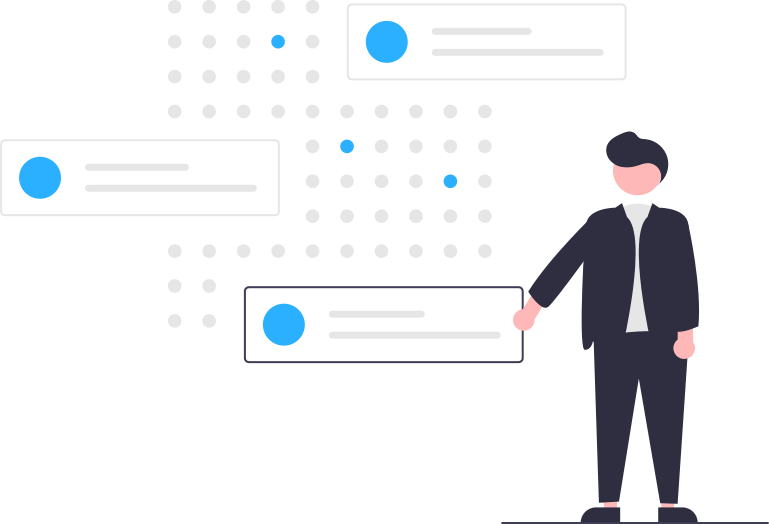What is Cloud ERP?
Although every organization operating today is different, they all face a common challenge - to compete effectively in today's business environment, they need access to technology to expand and grow rapidly. Advanced, globally connected and continuously updated software tools and systems are needed to enable them to focus more time and energy on implementing growth initiatives and less on day-to-day IT management.
As technology continues to advance and evolve, more and more companies are considering cloud ERP systems more than ever.
ERP, that is, the planning of enterprise resources, is a type of software that companies use to manage activities such as procurement, accounting, risk management, project management, or distribution chain operations.
If a traditional ERP system is generally hosted on its own servers and requires maintenance by IT staff, implementation at the customer's premises, regular updates, investments in the hardware needed to run them, the same cannot be said in the case of a ERP cloud system.
Distributed according to the SaaS (Software as a service) model, hosted in the cloud (inside a data center, on a server usually owned by the ERP provider) and accessed by you through an Internet connection, this is Cloud ERP. Thus, maintenance, security, upgrades are the responsibility of the cloud provider, relieving the IT department of additional tasks.

Advantages of Cloud ERP systems developed by DevTeam
Reduced costs
Security
Accessibility
Fast implementation
Efficient collaboration between departments
Reduced costs
Traditional ERP requires manual maintenance and regular updates, all of which can affect a company's budget. Cloud ERP, on the other hand, is a relatively low cost operation. With a minimal startup fee, you can have a fully implemented ERP cloud system for your business in a timely manner.
ERP cloud subscription costs are reasonable and are generally tailored to work around the budget flow of small and medium-sized businesses. With cloud ERP you will not have to make huge investments.


Security
One of the biggest benefits of cloud ERP systems is the superior security it offers to businesses of all types and sizes. When it comes to storing and retrieving company data, it is essential that operations remain secure at all times.
With cloud ERP, you never have to worry about data hacking because the system tracks all activity and completely encrypts your data, with specific procedures in case of disaster.
Accessibility
In these times, as more and more employees work from home, businesses of all sizes are becoming more and more decentralized.
If ERP is managed in the cloud, it allows for better accessibility. This means that your employees can easily access the tools they need from anywhere, anytime and using any device if they have an Internet connection.
Also, companies with multiple locations will not face any problems in accessing a cloud system.


Fast implementation
Compared to traditional ERP systems, cloud ERP systems can be up and running much faster. There is no time spent on selecting and purchasing hardware, hiring or training IT staff, creating new data security protocols, etc. The implementation process for cloud solutions is much faster and much less complex for a business.
Deploying your software in the cloud is also reliable and provides easy access to real-time data from anywhere, which can help the team be more seamless and successful in their roles.
Efficient collaboration between departments
ERP aims to improve collaboration between departments, promoting communication regardless of distance. Even if they are in different locations, employees can collaborate in real time, interacting much more efficiently.
The departments will have quick access to the necessary tools, which will help them make better decisions and effectively set their goals, collaboration remaining an indispensable component regardless of changes in business in response to current trends.

Cloud ERP migration
Most companies are already familiar with traditional ERP software, which helps them organize the data spread across each independent department.
The migration to cloud ERP solutions, which integrate some or all of the essential functions for running a business in a single complete ERP system, should certainly become a priority for Romanian businesses, thus being able to take advantage of all opportunities and saving significant resources.

Who did we work with?
Our principle of providing quality, non-preferential services has helped both start-ups at the beginning of the road to create their own story, and industry giants to optimize their workflow or automate things they had never thought of.

























